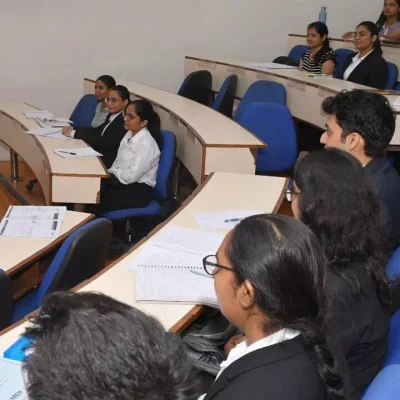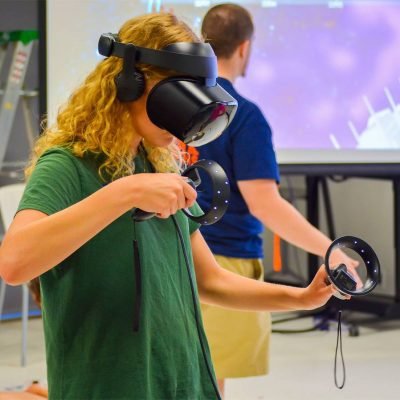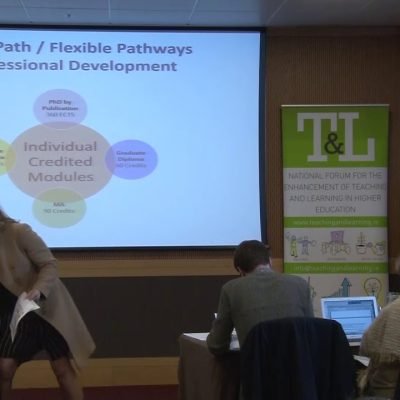The Education and Skill Development sectors are fundamental for building a knowledgeable and capable workforce in Odisha, which is essential for both economic growth and social development. The Odisha Chamber of Commerce (OCC) can play a key role in transforming Odisha into a hub for quality education and skill development. By addressing the gap between industry requirements and academic training, and fostering innovation in education, OCC can contribute to the development of a more competitive and well-prepared workforce.
Here’s a breakdown of sectors and areas where OCC can drive initiatives in Education and Skill Development in Odisha:
Infrastructure Development in Schools: Advocate for improved infrastructure in schools across urban and rural areas, ensuring better classrooms, libraries, digital resources, and hygiene facilities.
Expansion of Educational Institutions: Support the establishment and expansion of schools, colleges, and universities in underserved regions of Odisha to ensure that education is accessible to all sections of society.
Promoting Education in Tribal and Rural Areas: Focus on ensuring that tribal and rural students have access to quality education. This can involve scholarship programs, infrastructure improvements, and targeted educational campaigns.
Inclusive Education for Differently-abled Students: Advocate for the development of inclusive schools and special education programs to provide better opportunities for differently-abled students, ensuring equal access to education.


STEM Education:Promote Science, Technology, Engineering, and Mathematics (STEM) education at all levels. This will help Odisha’s youth stay competitive in a global knowledge economy.
Digital Literacy and E-learning Platforms: Advocate for the integration of digital tools and e-learning platforms into schools and colleges, especially in rural and underserved areas, making education more accessible and interactive.
Skill-based Learning and Vocational Education: Focus on incorporating skill-based learning into school curricula, alongside traditional academic education, to ensure that students gain practical knowledge alongside theoretical concepts.
Industry Collaboration for Curriculum Development: Facilitate collaboration between educational institutions and industries to ensure that curriculums are aligned with current industry trends, ensuring that students acquire relevant skills.
Research Centres in Higher Education: Encourage the development of research centres in universities and colleges that focus on areas like industrial technology, renewable energy, and biotechnology, which are particularly relevant to Odisha’s economy.
Promote Innovation and Start-ups in Education: Create platforms for students to engage in innovative projects and research, potentially in collaboration with industries. Support entrepreneurship education and incubation centres to develop a culture of start-ups and innovation in education.


Expansion of Universities and Institutes: Advocate for the establishment of specialized institutions in Odisha for higher education in emerging fields like data science, artificial intelligence, cyber security, and biotechnology.
International Collaborations: Encourage collaboration between Odisha-based educational institutions and foreign universities for exchange programs, joint research, and global exposure for students and faculty.
Industry-Linked Professional Development: Promote the creation of industry-linked degree programs in collaboration with businesses to enhance students’ employability, particularly in fields like engineering, management, and healthcare.
Vocational Training Centres: Promote the establishment of vocational training centres that offer certification in various skills such as welding, plumbing, carpentry, electrical work, and more. This is vital to create a skilled workforce for local industries.
Partnerships with Industry: Develop partnerships with industries to design skill development programs that directly align with industry requirements, ensuring that the training programs provide tangible and employable skills.
Industry-Specific Skill Development: Support initiatives aimed at providing training in sectors that are vital for Odisha’s economy, such as mining, steel, agriculture, IT, and tourism.


Promote Apprenticeship Models: Collaborate with industries to expand apprenticeship programs that combine learning with practical experience. This helps student’s gain hands-on experience while pursuing education.
Internship Opportunities for College Students: Partner with industries to provide internship opportunities for university students, particularly in fields such as business, engineering, and healthcare. Internships can help students gain real-world exposure and improve their job prospects after graduation.
Manufacturing and Engineering Skills: Work on programs that focus on up skilling the workforce in high-demand manufacturing sectors such as steel, mining, and textiles. These programs can focus on both technical and managerial skills required in these industries.
Tourism and Hospitality Training: Develop training programs for the tourism and hospitality sectors to improve the quality of services offered in Odisha, such as hotel management, tour guiding, and culinary skills.
Renewable Energy Training: Given Odisha’s push toward renewable energy, especially in wind and solar, there’s a need for specialized training in energy technologies, installation, and maintenance.


Foster Entrepreneurship Education: Encourage entrepreneurship as a career option in educational institutions. This can be achieved by integrating entrepreneurship-focused courses and incubators within colleges and universities.
Business Incubators and Accelerators: Establish and support business incubators and accelerators in Odisha that can help students and entrepreneurs transform their ideas into successful ventures, particularly in the fields of technology, green energy, and manufacturing.
Funding and Mentorship Programs: Provide access to seed funding and mentorship for aspiring entrepreneurs, particularly those who focus on local challenges or are willing to create solutions for Odisha’s unique needs (e.g., agriculture, water management, etc.).
Government Collaboration for Start-ups: Work with the Odisha government to create policies that support start-ups, such as tax incentives, ease of doing business, and access to government contracts.
Networking and Events: Organize start-up networking events, conferences, and hackathons to foster collaboration among young entrepreneurs, professionals, and investors.


Online Learning Platforms: Encourage the development of local and international online learning platforms that provide quality education in various fields, making learning accessible beyond physical classrooms.
Skill-Based Online Courses: Partner with online course providers (such as Coursera, Udemy, or local platforms) to offer courses that align with the skills required by industries in Odisha.
Government-Backed Digital Initiatives: Advocate for state-sponsored online learning initiatives that provide free or low-cost digital courses for Odisha’s youth, particularly in remote and rural areas.
Community Digital Literacy Programs: Support community programs that aim to increase digital literacy, particularly for older adults and rural populations, helping them gain basic computer skills, use mobile apps, and access e-governance services.
School-Based Digital Literacy: Introduce digital literacy programs in schools that teach students how to effectively use the internet, productivity tools, and other digital resources in both their studies and future careers.


Collaborate with Government on Education Policies: Work with the state and central governments to ensure that policies around education and skill development are progressive and address the needs of the local economy.
Corporate Social Responsibility (CSR) in Education: Encourage private corporations to take part in CSR initiatives focused on education, skills development, and workforce preparedness, especially in underserved areas.
Quality Assurance in Education and Training: Advocate for the creation of robust accreditation systems that ensure that educational institutions and training centres meet high standards of quality.
Align Education Standards with Global Best Practices: Push for the adoption of global education standards and best practices to ensure Odisha’s students are competitive on an international level.


Green Skills Development: Promote the creation of training programs for skills related to sustainability and environmental protection, such as renewable energy, waste management, and eco-tourism.
Climate Change and Resilience Training: Develop programs that focus on climate resilience and sustainable practices, preparing students for careers in sectors that address global challenges.